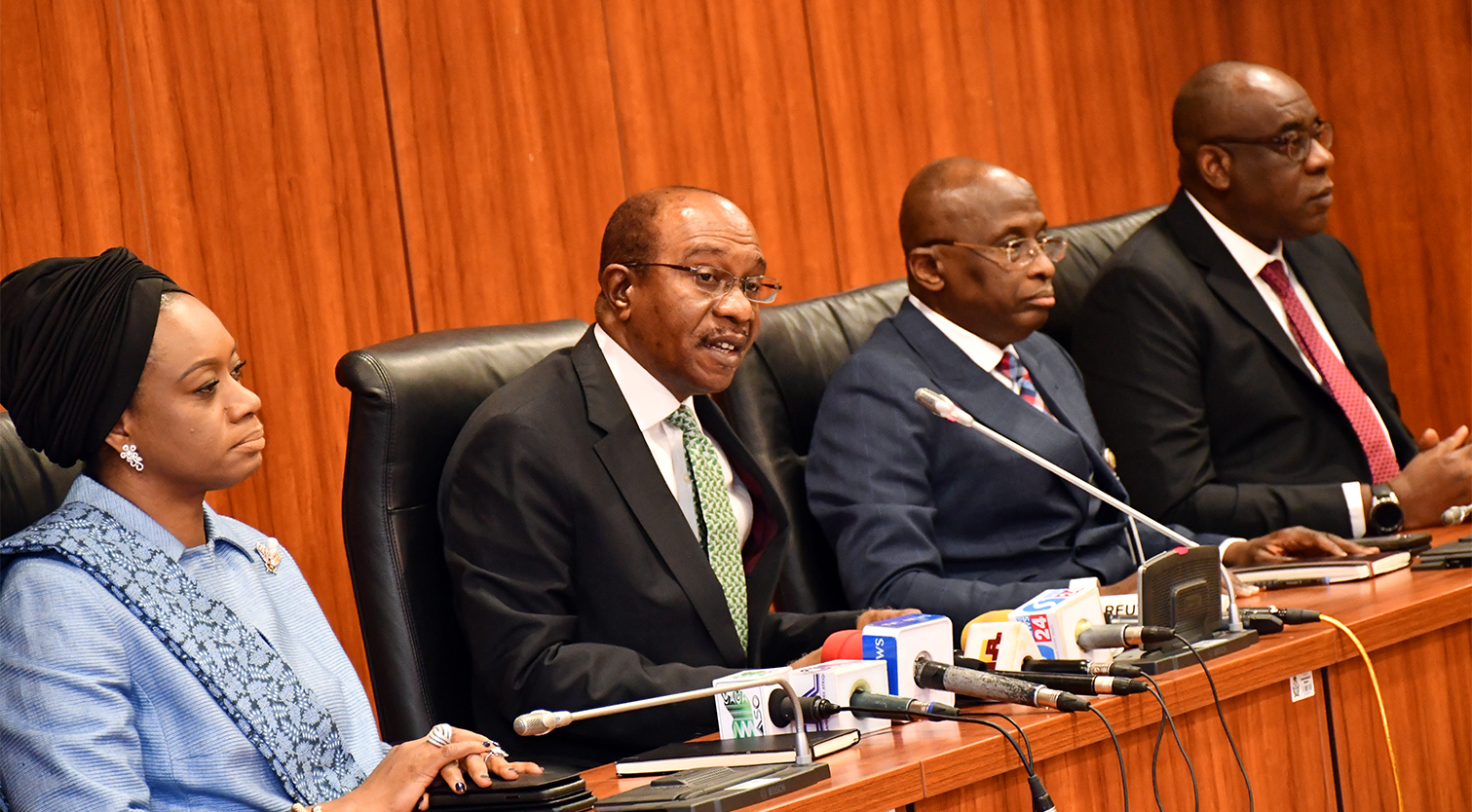Excess cash in banks is set to rise as a result of the N1 trillion inflow
- Posted on March 16, 2022
- Finance
- By Faith Tiza

Excess
cash in banks is set to rise as a result of the N1 trillion inflow
This month, liquidity inflows of N1.02 trillion will
flood the interbank money market, adding to the amount of excess cash in banks.
N335.13 billion in coupon (interest) payments on FGN
Bonds, N390 billion in matured secondary market treasury bills (Open Market
Operations, OMO), and N295.33 billion in matured primary market treasury bills
are among the inflows (Nigeria Treasury Bills).
Money market dealers who spoke to Financial Vanguard about
the impending inflows said that in the absence of aggressive liquidity mopping
up by the Central Bank of Nigeria, CBN, the development is likely to exacerbate
the downward trend in treasury bill yields that had characterized yields in the
first two months of the year.
According to research, the average interest rate on
Nigeria Treasury Bills (NTBs) fell 51 basis points (bpt) to 3.29 percent in
February from 3.81 percent in December.
Similarly, during January and February 2022, average
benchmark yields on FGN Bonds declined by around 120 basis points month over
month.
The reduced returns were caused by excess liquidity
(idle funds) in the interbank money market, which resulted in a dramatic drop
in banks' borrowing from the CBN as well as an increase in demand for
government securities.
The excess liquidity was created, among other things,
by a net influx of N542.15 billion from matured OMO bills into the interbank
money market between January and February 2022. The CBN refunded N972.15
billion in matured OMO bills and sold N430 billion in the same bills during the
two months, leaving a net balance of N542.15 billion.
The average opening position of the market in terms of
liquidity increased by 125 percent to N306.55 billion in February 2022 from
N135.98 billion in December 2021, reflecting the current excess cash scenario.
The significance of the liquidity rise is also evident
in the dramatic drop in banks' borrowings from the CBN, which decreased by 71%
to N666.8 billion in February 2022 from N2.34 trillion in December 2021,
through the apex bank's Standing Lending Facility, SLF, and Repurchase agreement,
Repo.
Bank deposits of excess liquidity in the apex bank's
Standing Deposit Facility, SDF, however, increased by 132 percent in February to
N489.05 billion from N210.05 billion in December.
Excess liquidity drove a surge in demand for
government assets, culminating in a 424 percent oversubscription in the CBN's
February 2022 auction, up from 355 percent in December 2021.
According to Financial Vanguard's data, the
oversubscription resulted from a 35% increase in overall subscription (investor
demand) to N602.62 billion in February, up from N446.3 billion in December.
Even though the CBN offered N115.28 billion
in bills, up 17% from N98.01 billion in December, it took advantage of the
large subscription to sell N258.01 billion, a 20% rise from the N214.96 billion
sold at the December auction.
Furthermore, the CBN decreased bill stop rates, with
the 91-Days bill stop rate falling 26 basis points to 2.24 percent in February
from 2.5 percent in December. Similarly, the stop rates on the 184-Days Bills
and 364-Days Bills decreased to 3.3 percent and 4.35 percent in February,
respectively, down 14 basis points and 115 basis points from the previous
auction in December.
Analyst’s Perspective:
The N1.02 trillion flood into the money market,
according to experts at FBNQuest, the First Bank Group's investment arm, may
exacerbate the decreasing trend in treasury bills rates this month.
"System liquidity is projected to be elevated in
March as OMO maturities worth N390 billion will hit the market," they said
in their outlook for the fixed income market in March. This is in addition to
NTB maturities of N295.33 billion and N335.13 billion in coupons.
"As a result, we expect money market rates to
fall to single digits." We expect demand for bonds to remain strong as
investors try to reinvest their coupons and cash.
Nnamdi Nwizu, Co-Managing Partner/Founder, Comercio
Partners Limited, an investment banking firm, stated that the interest rate
reduction will continue until the CBN switches from its current Pro-Growth
monetary strategy to one of defending the naira.
"A pro-growth strategy implies that the
government will continue to favor liquidity injection and low-interest rates
over a hawkish stance of raising rates to attract foreign portfolio investors
to the fixed-income market," Nwizu, who heads the Trading division of
Comercio Partners and is responsible for overseeing fixed-income investments
for individual and institutional investment management accounts, explained.
High-interest rates encourage people to save, but they also make it more
difficult for corporations and retail investors to obtain cash for expansion.
"The CBN's decision to pursue a Pro-Growth strategy means that interest rates will remain low, and the CBN will inject liquidity, which should lead to greater demand for government assets from investors looking for outlets for their excess cash."


Be the first to comment!
You must login to comment